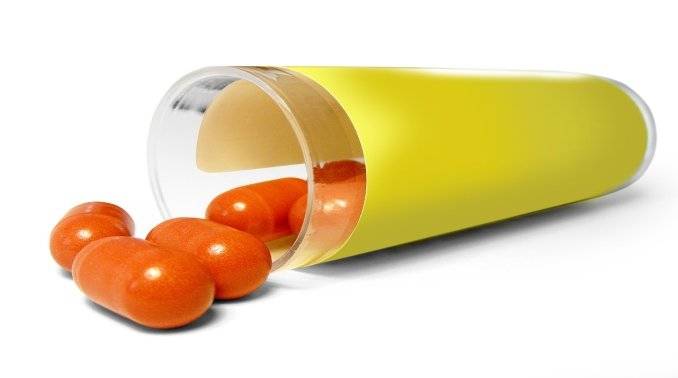The Indian Patent Office on December 31, 2014 set aside its order of granting a Patent to Abbott Biotechnology for its drug, Humira, in light of pre-grant opposition filed by Glenmark Pharmaceuticals. In November, 2003, Abbott had filed a patent application No. 526/DELNP/2005 for its drug named Humira, a formulation of human antibodies for treating Rheumatoid Arthritis. Glenmark filed a pre-grant opposition to this application in September, 2008. Since this was not brought to the notice of the Controller, Patent No. 234,555 was granted to said invention in June, 2009.
In July, 2009, this discrepancy was brought to the notice of the Controller by Glenmark. The Controller cancelled the Patent grant with immediate effect through a letter dated October 30, 2009. In the meantime, Glenmark also filed a Writ Petition before the Delhi High Court against the order of the Controller granting the Patent. However, the same was disposed of by the Court as infructuous in light of the Order of the Controller dated October 30, 2009 cancelling the patent grant.
Aggreived by the order of the Controller, Abbott filed a Writ Petition before the Delhi High Court challenging the cancelling of the patent grant. Initially, the Court stayed the cancellation of the patent. However, in its order dated September 9, 2010, the Delhi HC set aside the Order of the Controller dated October 30, 2009. The Court further ordered that the pre-grant opposition filed by Glenmark was to be treated as a petition to review the order of the Controller to grant the Patent to Abbott and look into the issue.
In the review petition, Glenmark contended that Humria was not novel and lacked inventive step. Glenmark contended that the claims of Application No. 526/DELNP/2005 did not comply with the requirements of an invention as contemplated under Section 2(1)(j) of the Patents Act, 1970. Among other things, Glenmark also contended that Abbott flawed in meeting statutory requirements by giving insufficient disclosure and failure to disclose the foreign information required under Section 8.
Glenmark also brought to the notice of the Controller that Abbott had made an application before the Indian Patent Office in November, 2003. Glenmark contended that the claims of this application were very similar to that of the present application, thus showing proof of prior art. Glenmark also alleged double patenting to the effect that Abbott was seeking two patents for substantially the same invention.
On considering the contentions of the both the parties, K S Kardam, Senior Controller of Patents and Designs reaffirmed the Order cancelling the patent grant and held Patent No. 234,555 to be void. In his order dated December 31, 2014, the Controller observed that – “… I firmly conclude that the impugned invention as disclosed in the specification and claimed in the claims is obvious to a person skilled in the art and hence lacking inventive step. I am also of the opinion that the description of the impugned invention is also insufficient and ambiguous as described in the specification”.
And thus, Glenmark snatched the prey right out of the lion’s mouth. This is not the first time that Humira has been in the news for patent related issues. Abbott has been a party to many patent infringement cases across the globe regarding the formulation of Humira alone. In fact, in July, 2014, the New York Federal Court had invalidated many of Humira’s patent claims upon a suit being filed by Abbvie Inc., a global pharma major.
Image: Here
Attribution and License: CC0 Public Domain



